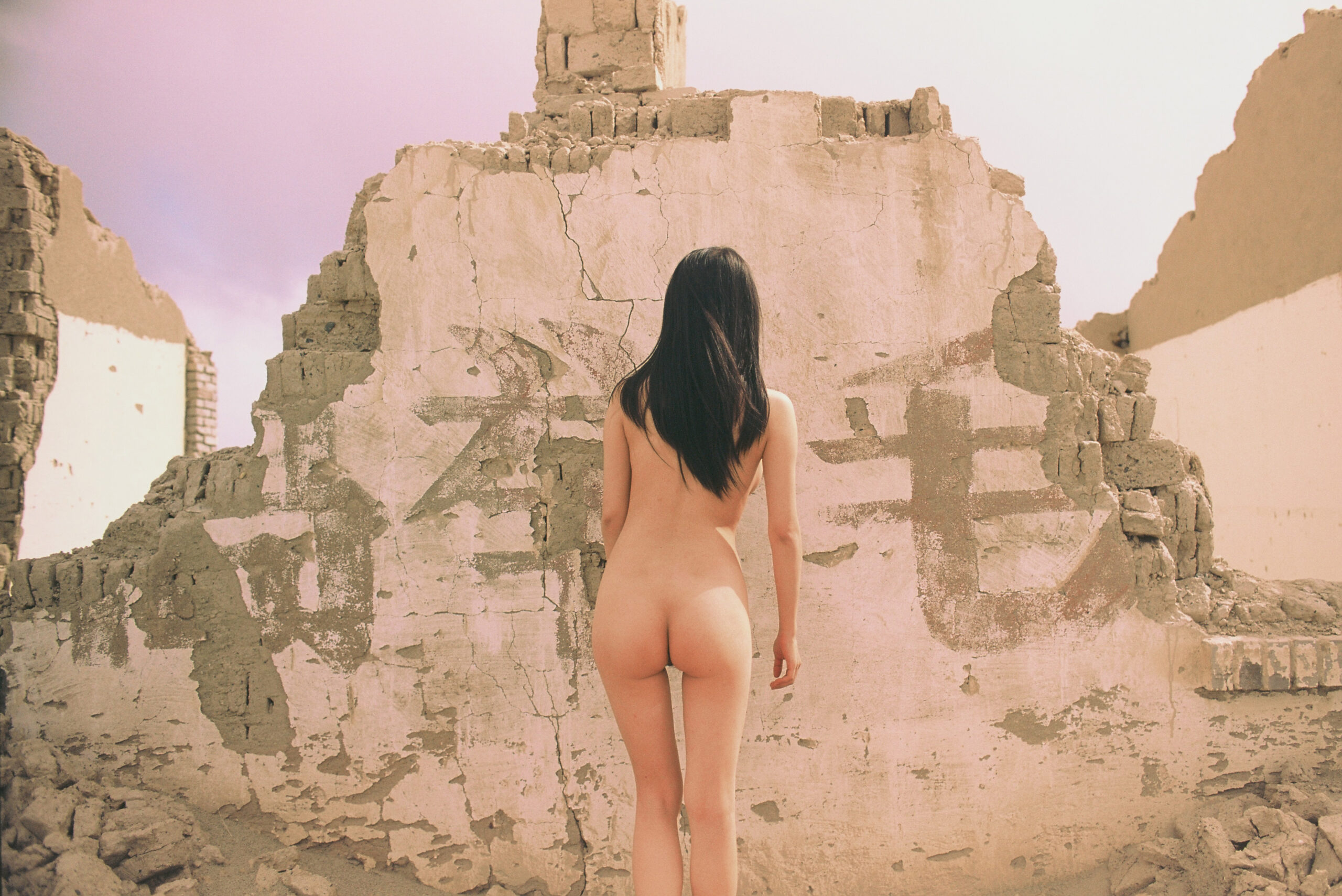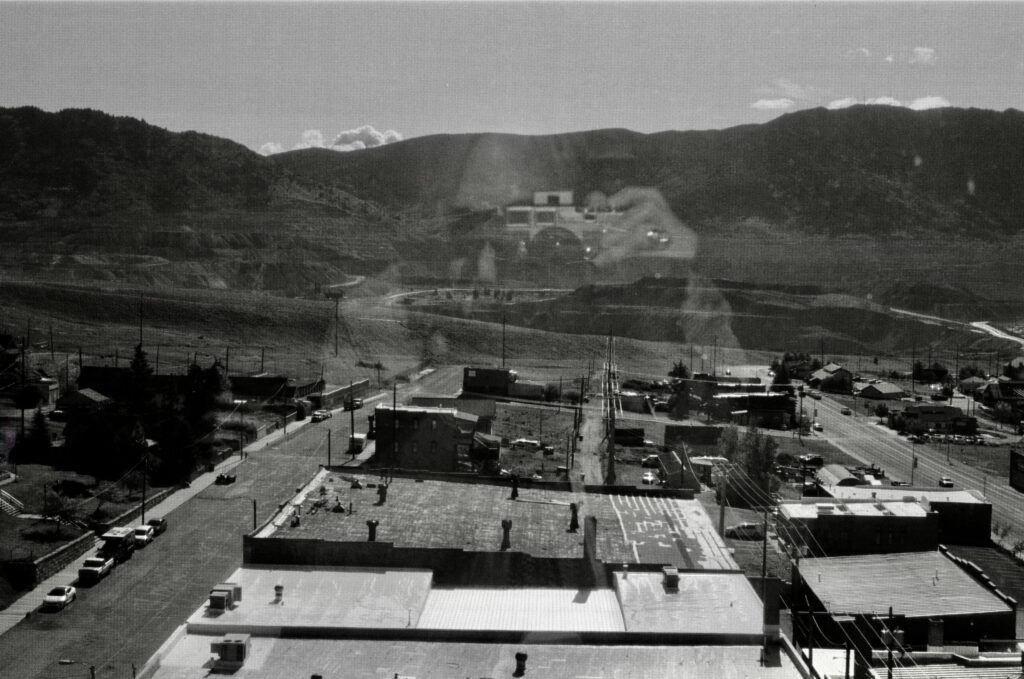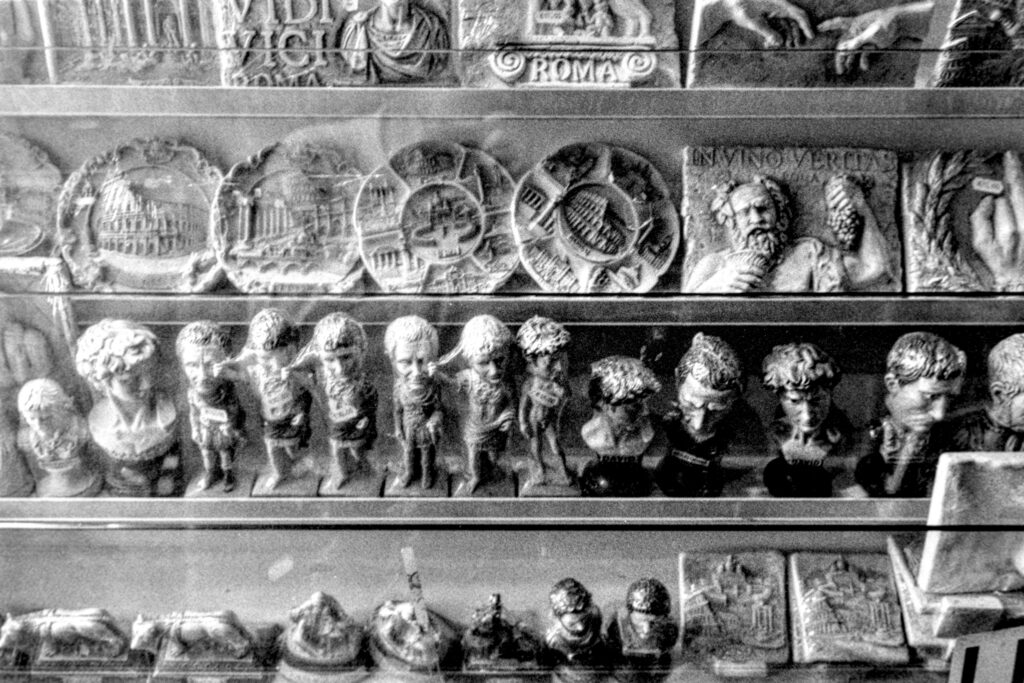Somewhere near the heart of a no man’s land on the Tibetan Plateau, China.
The place is called Lenghu, which means Cold Lake.
It was cold. Even in June, under a blinding sun, I still remember the wind. Dry, sharp. The sound it made across the open ground wasn’t a whistle. It was a cry.
But there was no lake. Only hundreds of half-collapsed buildings, fading red slogans on brittle walls, bricks scattered across the sand, and a dried-up oil field beneath it all.
From what I’ve gathered, this settlement was built during the oil boom of the 1950s. In the following decade, tens of thousands of workers came to build a city in the Gobi Desert. Half a century later, what remains now only suggests the outline of what once stood. There were residential blocks, a workers’ hall, and a supply station. It looked like a model communist city, though it also resembled a military outpost. What actually happened here, I don’t know.
The official accounts praise the selfless devotion of these workers, calling them heroic pioneers. But there are other accounts, such as books and films about similar places, that speak of political prisoners treated like animals, starving to death, and even eating human corpses to survive. I haven’t found a single piece of writing from anyone who once lived in this particular settlement. Only those crumbling bricks and faded slogans remain, whispering a history that no one seems to remember.
And strangely, that era feels nostalgic to me. It does not seem like the dystopian nightmare often imagined in the West. It feels warm, even passionate. I have a complex Siberian heritage and I grew up in that country in the 1980s and 1990s. My primary school teachers had lived through the communist fanaticism. Their memories, even if shaped by hardship, were also filled with idealism. That idealism, though history had already disproven it, felt sincere.
It makes no sense. I know. It contradicts itself. And I feel that contradiction every time I think about it.
Just like this photo, shot on a long-expired Agfa slide in 2017. It was forgotten for eight years and only developed recently. A naked girl confronts a weathered slogan that praises loyalty to Mao. She shows no resistance, no emotion, no message. She just stands. Silent. Pointless.
And perhaps that’s the only thing that makes sense.
Share this post:









Comments
Ibraar Hussain on Confronting Nonsense – One Shot Story
Comment posted: 14/07/2025
Comment posted: 14/07/2025
Comment posted: 14/07/2025
Miguel Mendez on Confronting Nonsense – One Shot Story
Comment posted: 14/07/2025
Comment posted: 14/07/2025
Eric Rose on Confronting Nonsense – One Shot Story
Comment posted: 14/07/2025
Comment posted: 14/07/2025
Comment posted: 14/07/2025
Gary Smith on Confronting Nonsense – One Shot Story
Comment posted: 14/07/2025
Thanks for sharing.
Comment posted: 14/07/2025
Geoff Chaplin on Confronting Nonsense – One Shot Story
Comment posted: 14/07/2025
Comment posted: 14/07/2025
David Hume on Confronting Nonsense – One Shot Story
Comment posted: 14/07/2025
Comment posted: 14/07/2025
Comment posted: 14/07/2025
Russ Rosener on Confronting Nonsense – One Shot Story
Comment posted: 15/07/2025
I'm fascinated by the Gobi desert. Three cultures collide there. But the landscape seems to resist being tamed.
Comment posted: 15/07/2025
Paul Underwhelm on Confronting Nonsense – One Shot Story
Comment posted: 15/07/2025
Comment posted: 15/07/2025
Marco Andrés on Confronting Nonsense – One Shot Story
Comment posted: 15/07/2025
Oddly your image reminded me of a well-known b/w image, which certainly evokes Dakkha and a misguided sense of power/thirst – the well-known 1972 Pulitzer-Prize- winning photograph titled « The Terror of War », also known informally as « The Girl in The Picture ».
That b/w image also invokes two of the themes (guru or grotesque and nansens or nonsense).
I appreciate your invitation to explore these concepts.
Comment posted: 15/07/2025